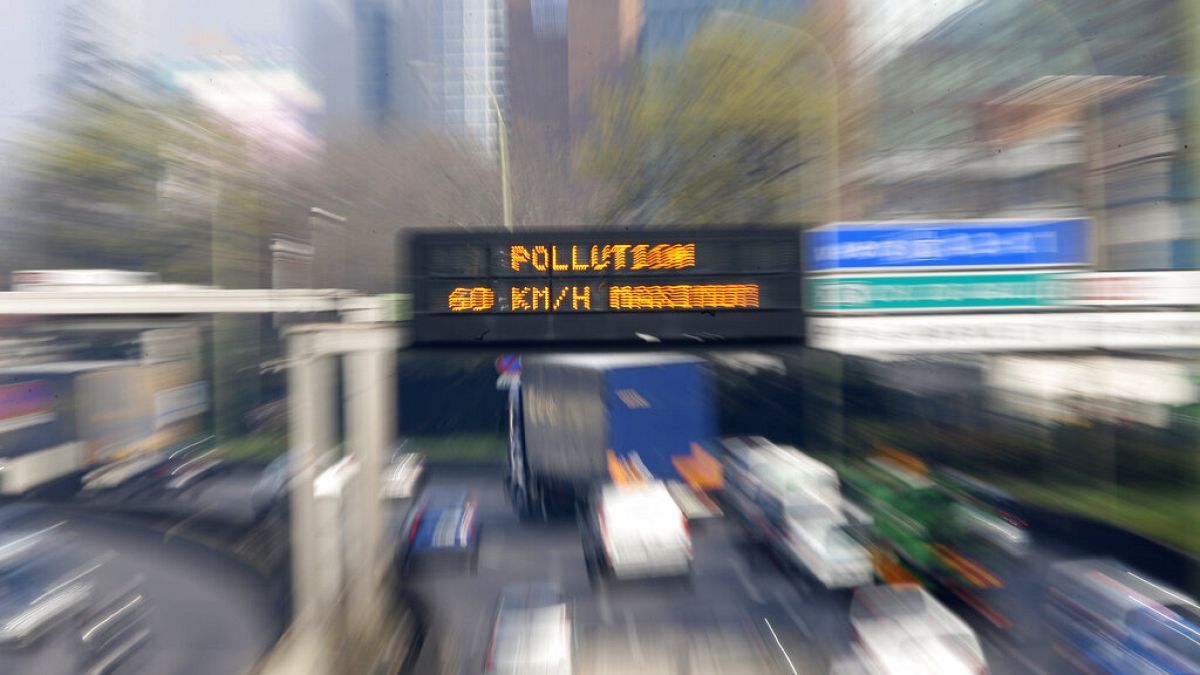Air pollution has become the biggest environmental risk to health in the European Union, with levels of air pollutants above the guidelines set by the World Health Organization. Around 300,000 Europeans die prematurely every year due to air pollution, which is also a major cause of diseases such as asthma, lung cancer, strokes, and diabetes. Energy production, agriculture, and industry are the main contributors to air pollution, while traffic is a significant source of pollution in urban areas. To address this issue, the EU has revised its Ambient Air Quality Directive with stricter limits that will come into force from 2030, with all 27 member states agreeing to these revisions.
Microscopic particles known as PM2.5 must be reduced from 25 to 10 µg/m3, and nitrogen dioxide must be reduced from 40 to 20 µg/m3. The European Commission recognizes that air pollution disproportionately affects vulnerable populations, including children, the elderly, the chronically ill, and the least wealthy. Citizens in cities like Athens and Rome have expressed concerns about air quality, with many attributing poor air quality to excessive car use. The revised directive also strengthens citizens’ access to justice, allowing them to seek financial compensation if their health has been harmed due to government or company inaction against air pollution.
While the revised directive aims to address air pollution more effectively, some governments have requested a clause that would allow them to delay implementation of the stricter limits by up to ten years. This delay must be supported by valid arguments. MEP Javier López, who was involved in revising the directive, believes that protecting the environment and health is not incompatible with boosting the economy, as promised by the European Green Deal. However, the pace and method of achieving these goals may be a point of contention among governments and citizens alike.
The issue of air pollution is not new, as EU governments have been slow to enforce existing regulations, leading to legal action against more than half of the member states for breaching pollutant emissions standards. With the revised directive, there is hope that governments will take more decisive action to reduce air pollution and improve public health. The pandemic has also highlighted the importance of addressing air pollution, as it is a slow-motion crisis that affects the most vulnerable members of society. It will be crucial for the EU to support local and regional authorities in implementing the new limits and addressing the underlying causes of air pollution.
In conclusion, air pollution remains a significant threat to public health in the European Union, with the revised Ambient Air Quality Directive aiming to address this issue by setting stricter limits on air pollutants. While the directive has been agreed upon by all member states, some governments have requested a delay in implementation, citing economic concerns. It is essential for the EU to support local and regional authorities in enforcing the new limits and promoting sustainable practices to reduce air pollution. By prioritizing public health and the environment, the EU can make significant strides in improving air quality and mitigating the impact of air pollution on society.





















